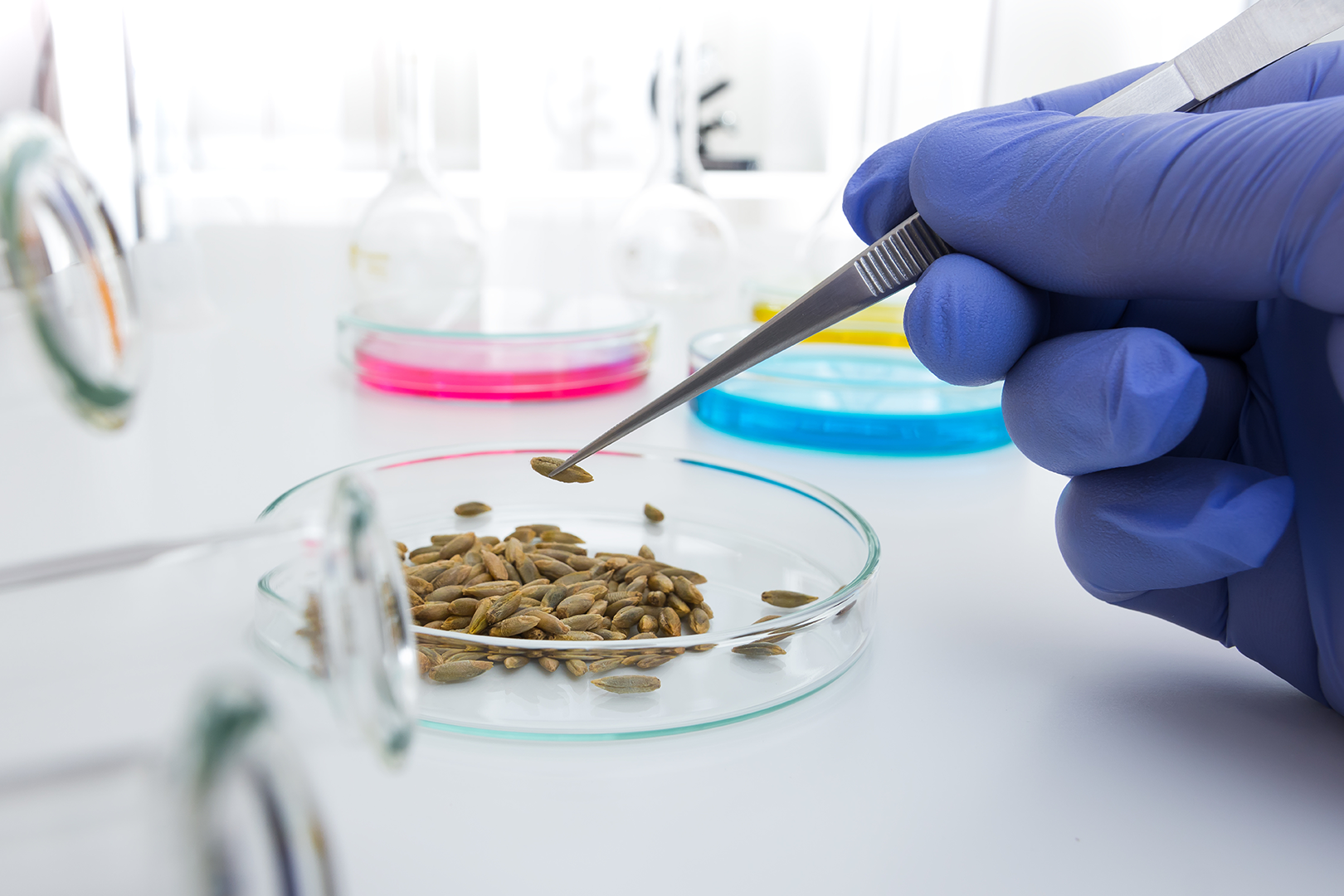
Seed Laboratory
The Seed Lab Section inspects seeds for farmers, seed dealers and the Alabama DOT to insure that the maximum yield can be achieved.
Application Packets
The main function of the Alabama Department of Agriculture and Industry (ADAI) Seed Laboratory, located in Montgomery, AL, is to inspect seed samples. These samples are collected by the inspectors of the Agriculture Compliance Division from retail and wholesale establishments throughout the state. The seed samples are inspected for the presence of weeds, inert material, and other quality factors such as germination rate so that consumers and farmers know that the seed they purchase is of the highest quality. The Alabama Seed Lab also inspects seeds that are grown by Alabama’s farmers. These tests are conducted to enforce “Truth in Labeling”, thereby providing a level and fair market for the selling and buying of seeds in Alabama. This service ensures that agricultural seeds offered for sale in Alabama are correctly labeled and meet certain minimum requirements under the state’s seed law.
Throughout the year, ADAI inspectors routinely visit farm supply stores, plant nurseries, hardware stores, and other outlets where seed are sold to collect samples for testing. Testing at the wholesale level is important for uniform quality of the seed used by farmers and consumers alike to plant their crops, lawns, and gardens. These routine tests benefit wholesale seed dealers because it allows the ADAI to find problems before the lots are distributed statewide.
Categories of seed samples tested include certified, unofficial, and official. Certified seed samples (includes certified, registered, and foundation seeds) are those submitted by certified growers under programs of the Southern Seed Certification Association (SSCA). Unofficial samples are those submitted by farmers for testing. Official samples are collected by inspectors to check for violations of the state seed law. ADAI may impose a "stop sale" order on seed that are in gross violation of the law.
Seed samples are tested for purity to determine the amount of pure seed, other crop seed, weed seed, noxious weed count, and inert matter that are present in the sample. Seed also are tested for total germination to determine the normal viable seedlings and the hard or dormant seeds (if any).
In the 2022 fiscal year, we received 2,945 samples. 2,582 were official samples and 363 were unofficial/service/farmer’s samples. The unofficial samples were mainly from local farmers. The Department of Transportation comprised approximately 32% of the unofficial samples via our interdepartmental agreement of which comprised 117 of the unofficial samples. Purity, germination, noxious, tetrazolium, endophyte, soybean peroxidase, and herbicide tolerance tests were some of the 10,279 tests conducted on samples of seeds received within the laboratory. Approximately 58% of the seed lots tested were involved in interstate shipments (an increase of approximately 28% from the previous year). 315 violations were issued on lots of seeds resulting in stop-sales either permanently or pending tag relabeling. These are of course still pandemic numbers and are very fluid.
These tests were conducted to enforce “Truth in Labeling”, thereby providing a level and fair market for the selling and buying of seeds in Alabama.
Contacts
Andrae McMillian - Director
Seed Lab Section
1445 Federal Drive
Montgomery, Alabama 36107
Main: 334-240-7140
Fax: 334-240-7265
andrae.mcmillian@agi.alabama.gov
